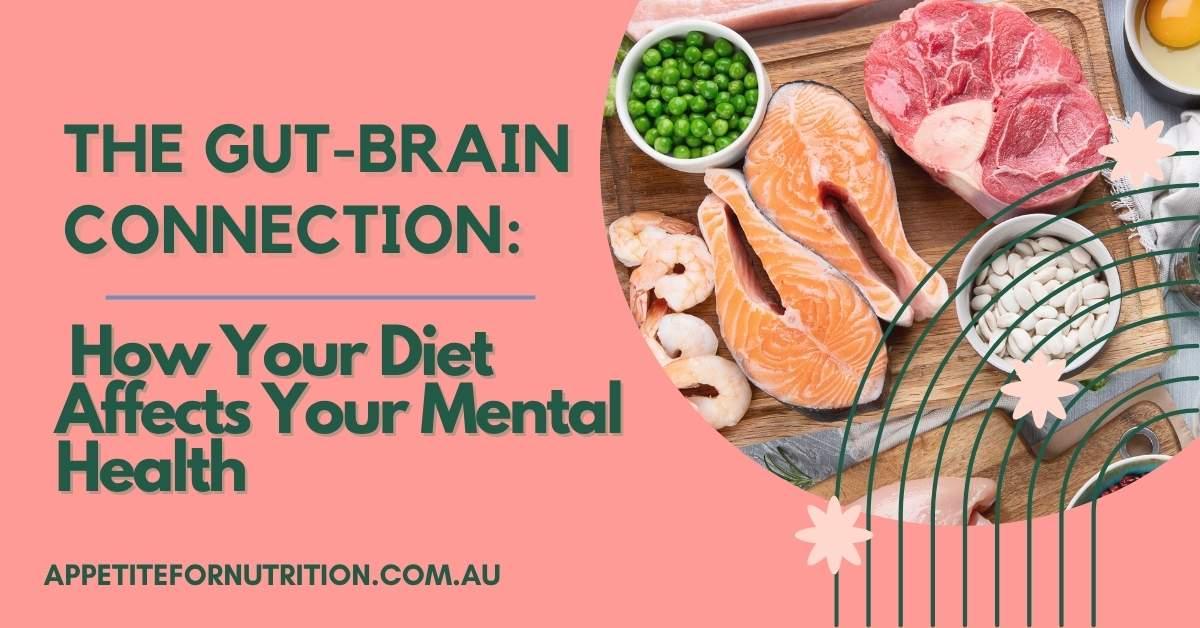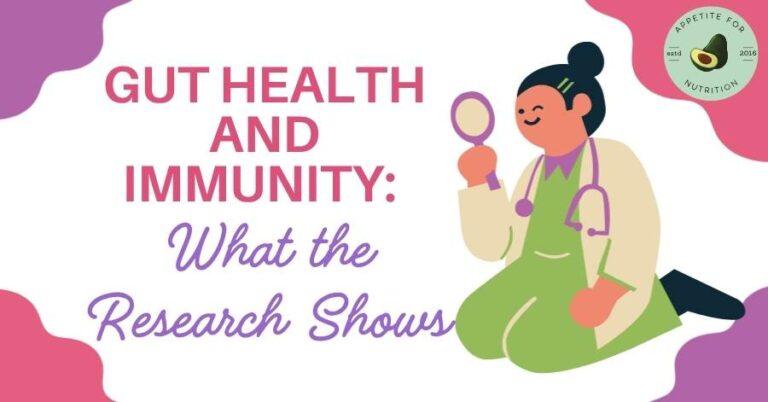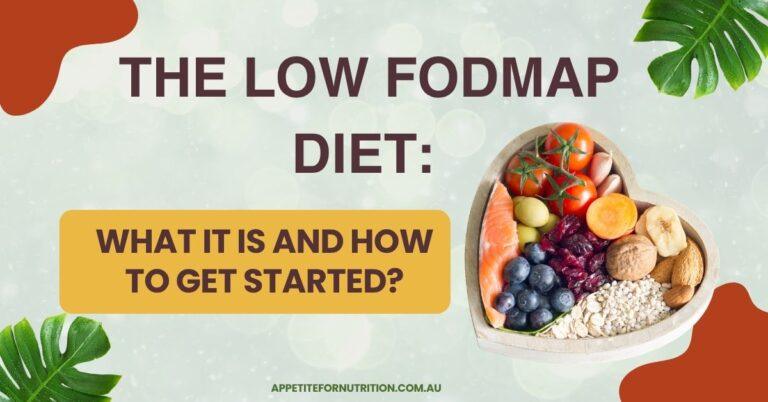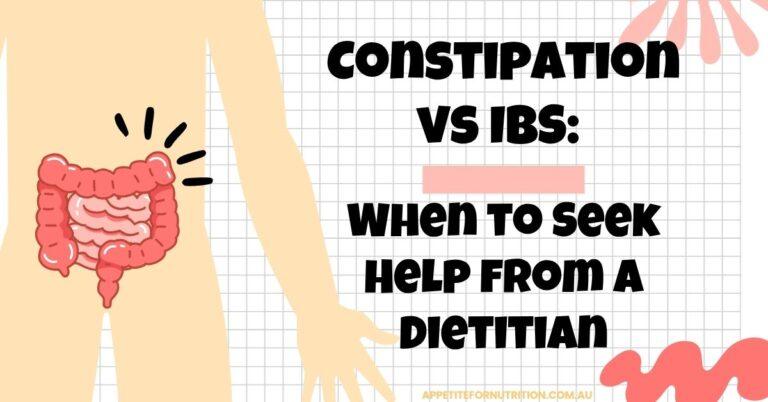
The Gut-Brain Connection & Your Mental Health
Have you ever felt “butterflies” in your stomach before a big event or noticed nausea when you’re stressed? These sensations aren’t just in your head — they’re signs of the powerful link between your gut and your brain. This relationship, known as the gut-brain axis, plays a key role in both your physical and mental wellbeing.
Understanding the Gut-Brain Axis
The gut-brain axis is the communication system between your digestive tract and your brain. It involves neural, hormonal, and immune pathways that constantly exchange signals.
Your gut microbiome — the community of trillions of bacteria, fungi, and other microorganisms living in your intestines — acts almost like an additional organ. It influences digestion, immunity, mood, and even how you respond to stress.
Research shows that imbalances in gut bacteria may contribute to conditions such as anxiety, depression, and neurodegenerative diseases like dementia or Huntington’s disease.
Learn more about Gut Check: How to Recognize and Improve an Unhealthy Microbiome
How Emotions Affect Gut Health
Strong emotions such as anger, stress, and sadness can directly impact your gut. Many people experience heartburn, cramps, or loose stools during stressful times. These are physical expressions of your emotional state.
Working with an Accredited Practising Dietitian alongside your GP can help identify dietary or lifestyle strategies to reduce these symptoms and improve gut comfort.
Stress and Functional Gut Disorders
People with functional gastrointestinal disorders (like IBS) tend to feel gut pain more intensely because their brains are more sensitive to signals from the digestive system. Stress amplifies this discomfort — creating a feedback loop between emotional distress and gut symptoms.
Breaking this cycle through stress management, nutrition, and behavioural strategies is key to long-term gut health.
Eating for a Healthy Gut and Mind
A nourishing diet helps maintain balance in your gut microbiome and supports brain health. Focus on these foods:
Whole grains: Rich in fibre for digestive regularity.
Probiotics: Found in yoghurt, kefir, sauerkraut, and miso to boost healthy gut bacteria.
Prebiotics: Garlic, onion, bananas, and asparagus feed the good bacteria in your gut.
Fruits and vegetables: Packed with antioxidants that fight inflammation.
Lean proteins: Choose fish, poultry, or legumes to support tissue repair and brain function.
Read more about Gut Microbiome + Probiotics: The Ultimate 2025 Guide to Better Gut Health
What Research Tells Us About the Gut-Brain Connection
Microbiota and Mood: Gut microbes influence serotonin and dopamine — neurotransmitters essential for mood regulation. Imbalances are linked with anxiety and depression.
Inflammation and Mental Health: Chronic gut inflammation can impact mood and cognition. Diets rich in omega-3s and antioxidants may reduce depressive symptoms.
Cognition and Diet: A Mediterranean-style diet — high in vegetables, whole grains, olive oil, and fish — has been shown to protect against cognitive decline and memory loss.
Practical Tips to Support Gut and Mental Wellbeing
Eat mindfully: Slow down and enjoy your meals in a calm environment.
Stay hydrated: Water aids digestion and overall body function.
Move regularly: Physical activity reduces stress and improves gut motility.
Manage stress: Try yoga, meditation, or deep breathing daily.
Get enough sleep: Poor sleep can disturb gut bacteria and increase stress hormones.
Conclusion
Your gut and brain are deeply connected — what affects one influences the other. By eating a balanced diet, staying active, managing stress, and getting adequate rest, you can support both your digestive health and your mental wellbeing.
For personalised advice, consult a dietitian who can help you tailor a plan that suits your health needs.
Meal Plans to Support Gut and Mental Health
Explore our tailored options designed by Accredited Practising Dietitians:
We offer both general nutrition consults and specialised dietitian support (Bariatrics, Women’s Health, Feeding Therapy, Eating Disorders, Gut Health, Sports Nutrition) available online and in person across Brisbane, Gold Coast, Melbourne, Shepparton, Bendigo and Albury-Wodonga.
Contact Appetite for Nutrition today for individual consults or tailored meal plans designed to help you eat well and feel your best.
This blog was updated October 2025.
Frequency Asked Questions
Find quick answers to common questions
Our team of NDIS-registered dietitians helps clients make practical, evidence-based food decisions that fit their goals, lifestyle, and budget.
Yes. Research shows that gut bacteria produce neurotransmitters like serotonin, which directly influence mood and emotional regulation.
Positive changes can occur within a few weeks, though long-term benefits depend on consistent, balanced eating and lifestyle habits.
Probiotics can be helpful, but not all strains are equal. A dietitian can recommend evidence-based options suited to your condition and needs.
Absolutely. Stress can alter gut motility, increase inflammation, and disrupt the microbiome — all of which may trigger digestive symptoms.
A Mediterranean-style diet rich in fibre, whole foods, and omega-3 fats is one of the most researched and beneficial for both gut and brain function.
Check out our meal plan or book a consultation with an Appetite for Nutrition dietitian to get started.)



